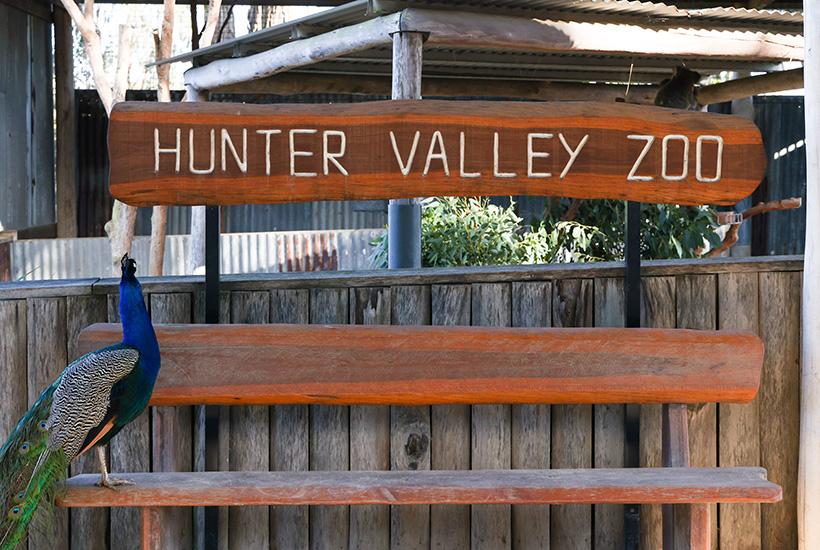Investors snap up joint stake in Hunter Valley Zoo for under $10m

A leading investment group has cited Australia’s domestic tourism market as motivation for purchasing a near $10 million stake in Hunter Valley Zoo.
The Elanor Wildlife Park Fund, which is co-owned by Atlas Advisors Australia and ASX-listed Elanor Investors Group, said the acquisition brings the total value of the fund to more than $60 million. The fund also owns Featherdale Wildlife Park in Western Sydney, and Mogo Zoo in Batemans Bay on the NSW South Coast.
Guy Hedley, executive chairman of Atlas Advisors Australia, said the price paid for the Hunter Valley Zoo reflects its value to the region as a tourism asset.
“It’s around about $9-10 million, so not [a] huge acquisition, but it’s still quite meaningful in the scope of a Hunter Valley tourist asset,” he said.
The property which sits on 10-acres of land in Nulkaba, NSW, will thrive in the long term according to Mr Hedley.
“We have a hunch that COVID will continue to drive domestic tourism through 2023-2024 and potentially beyond,” Mr Hedley said.
Since opening in 2007, Hunter Valley Zoo has become a drawcard for the region, expanding from a native-only collection initially, to now housing species including primates, American alligators, white lions, wolves, meerkats and capybaras.

The zoo is popular with families. Picture: David Li Photography
Mr Hedley said the sector has fared well during the pandemic, with families keen for outdoor adventures to bring them closer to nature.
“Wildlife parks and zoos have remained resilient and profitable despite COVID-19 posing the greatest challenges the Australian tourism sector has ever faced,” he said.
But the sector was not immune, according to Nicola Craddock, executive director of the Zoo and Aquarium Association.
“As outdoor spaces where people can connect with nature, many zoos and wildlife parks have been popular with local communities when our public spaces are open. However, COVID-19 restrictions and lockdowns place significant strain on these businesses during times when they are unable to accept visitors,” Ms Craddock said.
Whether or not domestic tourism in Australia thrives is dependent on restrictions related to COVID outbreaks, REA Group economist Anne Flaherty said.
“Because Australia’s international borders are closed, Australians are holidaying closer to home so people are looking in regional areas for places to go and travel.
“At the same time, a lot of these businesses that work in tourism in Australia have really suffered because of the continual state border closures and snap lockdowns,” she said.
But she notes zoos have an advantage admitting visitors because of their sheer size.
“In terms of restrictions on the number of people that can be in a particular venue, zoos are well placed to deal with those restrictions because they do tend to be larger and have more room for people to roam around,” she said.

The zoo may in the future also offer glamping and camping accommodation for guests. Picture: David Li Photography
Mr Hedley said there were ample opportunities to capitalise on domestic tourism and expand the offering of wildlife parks and zoos with glamping and camping considered an option at Mogo Zoo. He sees similar potential for Hunter Valley.
“It’s a brilliant location. The Hunter Valley is already a big drawcard for domestic tourism,” he said.
“We figured that if we can improve on that, increase the visibility of that asset and improve the operational side of it then we can join that collection of really strong domestic tourist assets in the valley.”







